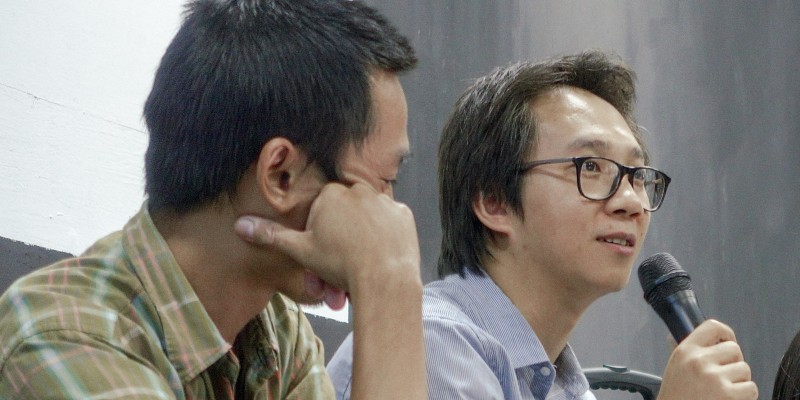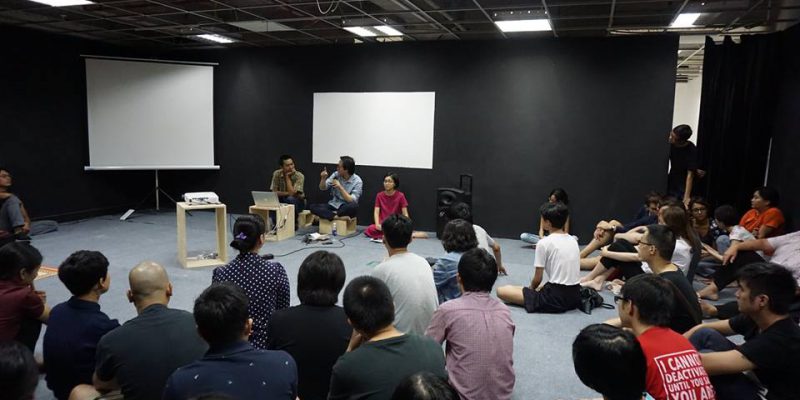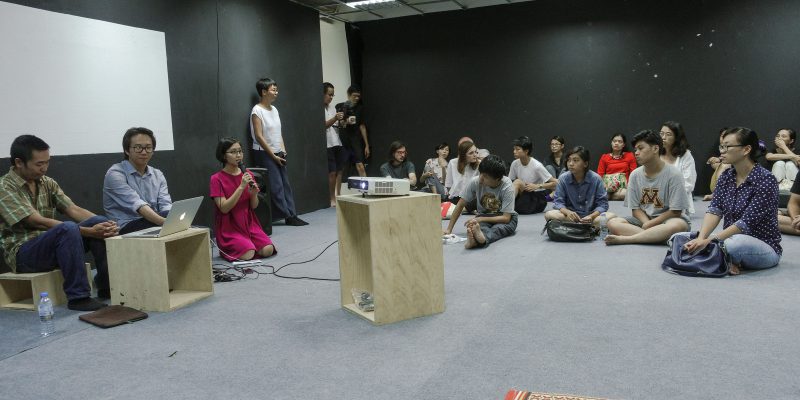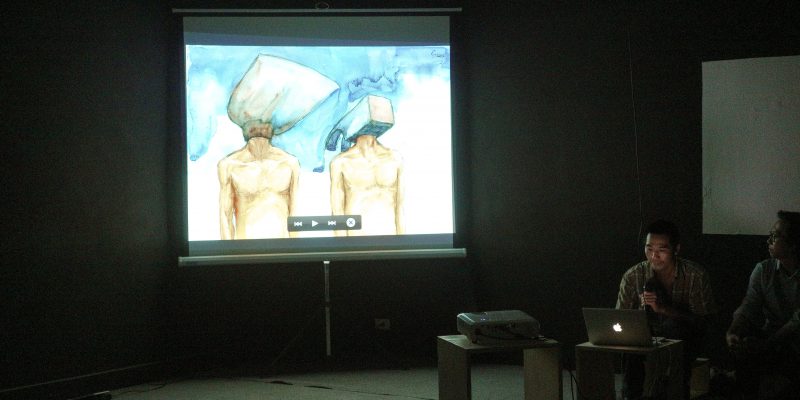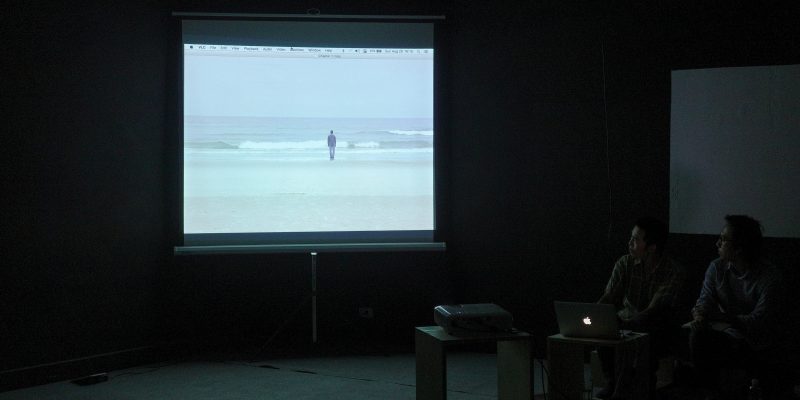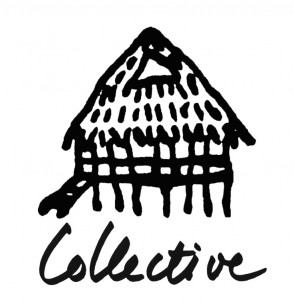Shifts in Vietnamese Conception of Chinese culture
The period during the early twentieth century could be considered a turning point in the history of Việt Nam. As the country transitioned from feudal monarchy to a semi-feudal and semi-colonial framework, a series of complex transformations also emerged, resulting in numerous disparities between the modern Vietnamese and their ancestors. Ideologies, perceptions, ways of living, views on cultural influences from China etc. were put into question and called for re-examination.
In the past, Vietnamese monarchs used to consider the Chinese culture an advanced and intellectual one, and deliberately absorbed it. Some even identified themselves as Huaxia or Han people, while deeming the dynasties of Mongolian Yuan and Manchus Qing barbarians. On this basis, multiple local cultural characteristics – even though distinctively different – shared several similarities with those of China. The modern Vietnamese – having experienced major cultural and political paradigm shifts and with an antipathy toward the expansion of communist China – have a very different outlook on China, especially when the cultural domain is concerned. Such state of affairs constitutes a complex obsession known as Sinomania.
Trần Quang Đức
in dialogue with
Nguyễn Ban Ga on the project Imagining Territories
Date: 28 August 2016
Time: 4PM – 6PM
Address: Nhà Sàn Collective, 15th Floor, Hanoi Creative City, 1 Lương Yên, Hai Bà Trưng dist., Hà Nội

 English
English Tiếng Việt
Tiếng Việt